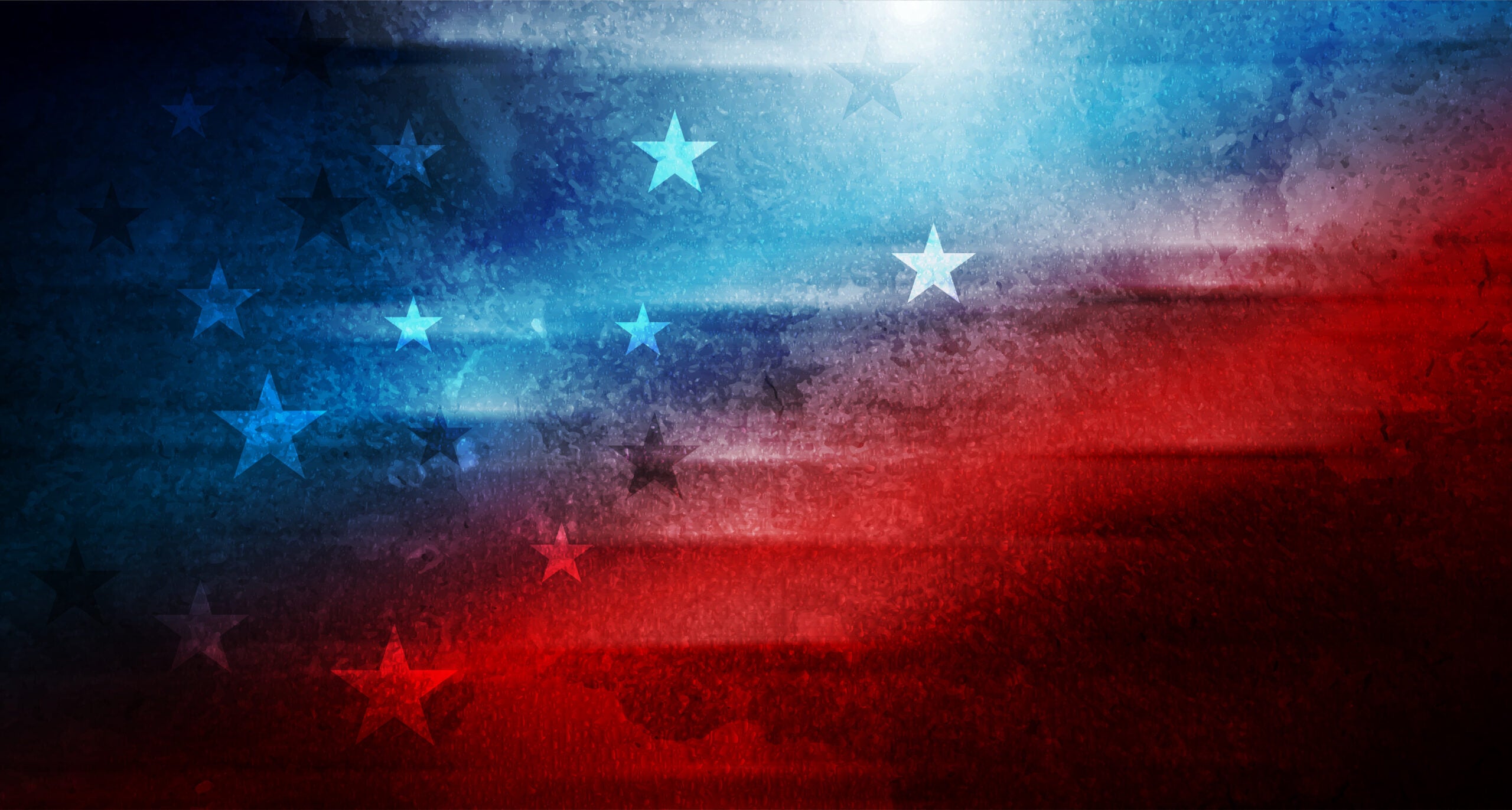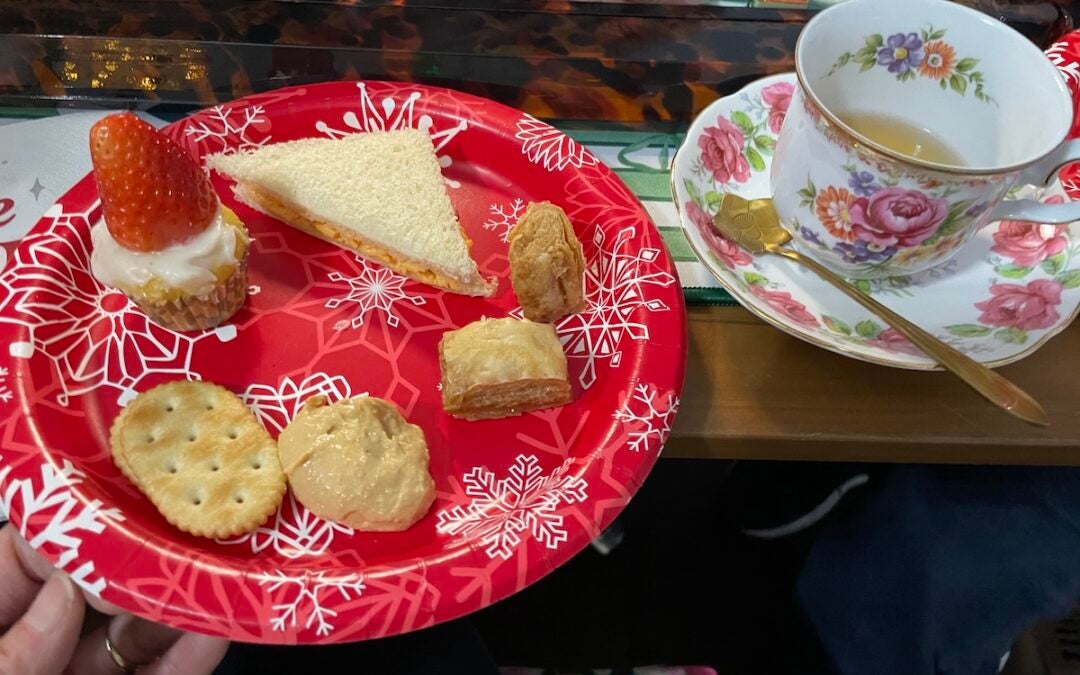The fourth of July is the perfect holiday for me because it celebrates principled rebelliousness. You see, I’ve always been a bit of a rebel. The historic figures I admire most tend to have that same rebellious streak, and journalistic skepticism fits me like a glove.
So, many years ago as a graduate student at the University of South Carolina, I embraced an assignment in my 19th century South Carolina history class. The project asked us to look at how Palmetto Day (June 28), which commemorates the first decisive victory of the Revolutionary War, was celebrated in comparison with Independence Day in the run up to the Civil War.
The professor wanted us to examine whether Palmetto Day became more important as the bonds between South Carolina and the Union loosened across the antebellum period.
I think about that project every year in late June as both commemorations approach, and this year, I got to wondering how folks in our part of Georgia celebrated July 4 “back in the day.” I was especially interested in how they celebrated the holiday prior to the beginning of the 19th century, so from 1776 to 1799.
I went to my research “Old Reliable,” the Augusta Chronicle, which began publishing in 1785. The paper had nothing on the celebrations prior to the early 1790s, so those are the years I ended up looking at. As I read through the articles, I thought that the Augusta Press readers might be interested in what I learned.
The first account I encountered assured readers that the day had been celebrated “with great festivity.” The celebration started at noon with 15 rounds fired on the grounds of the state house (Augusta was the state capital then).
State officers dined with Gov. Edward Telfair, and members of the Society of Cincinnati, a group founded in 1783 to commemorate those who fought in the Revolutionary War. The society held its dinner that year at the Court House on Bay Street.
In Waynesboro, members of the St. Patrick Society met at the home of Isaiah Carter and processed to the Burke County Court House where they listened to “an excellent discourse” by the Rev. Brother Henry George Coldwell.
In 1794, Augustans were no doubt thrilled to have their Independence Day celebration started at dawn with artillery fire. Soldiers dined together at the Court House that day, and more cannon fire punctuated the after-dinner toasts.
Those toasts were not listed in the Chronicle, but the ones from an “elegant dinner” in Washington, Ga., were.
Toasts were revealing in that time period. Some were rote. Those assembled at just about any fourth of July dinner started with toasts to the United States, the president, both houses of Congress and the fourth of July. Others were more revealing of the temper of the times, which political group was in, which was out and what public issues Americans were thinking about at the time.
The 1794 Washington toasts extended beyond the national to include the state of Georgia, its governor, George Mathews, as well as Kentucky Gov. Isaac Shelby, a revolutionary war hero. An interesting tag followed the toast to Shelby. It continued, “May his principles (as apparent in his correspondence with Mr. Jefferson) pervade the union.”
For modern Americans, that comment seems cryptic at best. What were the Kentucky governor’s principles, and why did Georgians care? Well, given the year, I suspect that is a veiled reference to the Genêt Affair, a matter that played right into divisions among George Washington’s cabinet members over the question of who should be America’s closest ally – fellow Republic France or England, America’s closest trading partner but also the country against which Americans had only recently concluded a revolution.
It comes down to this: Secretary of State Thomas Jefferson wrote to Shelby not to aid the French minister to the U.S., Edmond Charles Genêt, who was working against American neutrality at the time. Shelby’s response was that Kentuckians were aware of their obligations to the central government and had better sense than to do something like aid the French in a way that could harm the United States. The toast was wishing that all Americans would be so wise. Nevertheless, one of the other toasts that night was to the French Republic.
My favorite from that gathering, though, was this one: Decapitation to all despots. Is it possible to argue with that sentiment?
A year later in Columbia County, the Chronicle reported that the oration had been delivered by a local student, John Cocke, and the reported toasts included the usual but also some that were new. One was a wish that “patriotism and republican virtue [would] influence the votes of our next election” – a toast that is as timely today as it was in 1795.
In 1796, toasts at the Columbia Friendly Hunting Club included the just-adjourned legislature and the marquis de la Fayette. The hunting club members included a toast to the state of Georgia, and added the wish, “May all her enemies be annihilated” as well as the “annihilation of Congressional aristocrats” and a wish for a successfully negotiated treaty with the Creek Indians. The treaty was one between the Creeks and the United States that established boundaries, required the release of prisoners held by the Creeks, creation of trading posts and other provisions.
What they didn’t know at the time was that the treaty had been finalized on June 29, just a few days before July 4.
Another interesting toast from that gathering was a wish that “agriculture and commerce ever be viewed as one and the same interest.” That perspective would give way to sectional rivalry in the 19th century.
In the last year of the century, Columbia Countians were toasting America, joining the eastern U.S. with the western, the fledgling American Navy and, interestingly, “The American youth.” That toast was punctuated with a wish that “May the brilliant examples of their ancestors, in nobly opposing tyranny, stamp deeply upon their minds, and indelible aversion to all demagogues and despots.”
The group also toasted “The American fair sex” with a wish that “the mothers, the daughters of Columbia, only smile upon their sons who, in council, in the field, would sacrifice their all in eternizing the pure principles of our confederation.”
To me, our 18th century celebrations were much truer to the spirit of 1776 than what we do today. Yes, they ate and had parades and music and socialized. But they didn’t just eat and have parades and socialize. They listened to patriotic speeches, they thought and talked about important civic values, and they expressed those values in their toasts.
Would Americans today alter their fourth of July celebrations to get dressed up and go to a public gathering to hear someone talk about why the Revolutionary War mattered? And then sit through endless toasts to American values. I wonder. Maybe we should give it a try next year.










